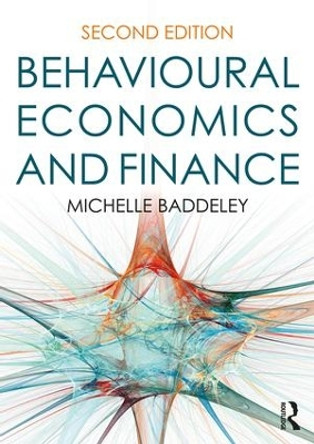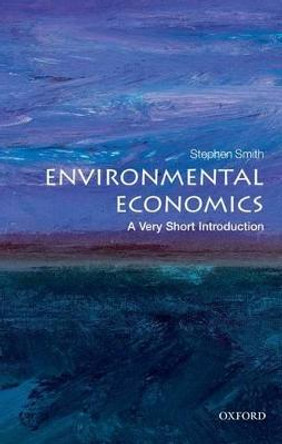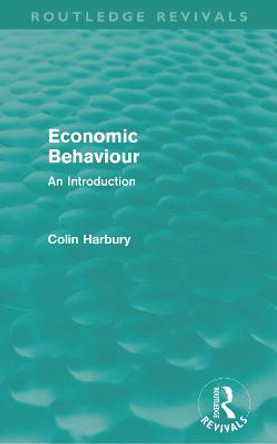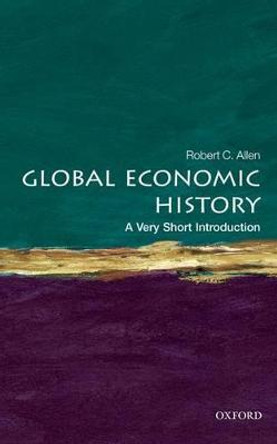Traditionally economists have based their economic predictions on the assumption that humans are super-rational creatures, using the information we are given efficiently and generally making selfish decisions that work well for us as individuals. Economists also assume that we're doing the very best we can possibly do - not only for today, but over our whole lifetimes too. But increasingly the study of behavioural economics is revealing that our lives are not that simple. Instead, our decisions are complicated by our own psychology. Each of us makes mistakes every day. We don't always know what's best for us and, even if we do, we might not have the self-control to deliver on our best intentions. We struggle to stay on diets, to get enough exercise and to manage our money. We misjudge risky situations. We are prone to herding: sometimes peer pressure leads us blindly to copy others around us; other times copying others helps us to learn quickly about new, unfamiliar situations. This Very Short Introduction explores the reasons why we make irrational decisions; how we decide quickly; why we make mistakes in risky situations; our tendency to procrastination; and how we are affected by social influences, personality, mood and emotions. The implications of understanding the rationale for our own financial behaviour are huge. Behavioural economics could help policy-makers to understand the people behind their policies, enabling them to design more effective policies, while at the same time we could find ourselves assaulted by increasingly savvy marketing. Michelle Baddeley concludes by looking forward, to see what the future of behavioural economics holds for us. ABOUT THE SERIES: The Very Short Introductions series from Oxford University Press contains hundreds of titles in almost every subject area. These pocket-sized books are the perfect way to get ahead in a new subject quickly. Our expert authors combine facts, analysis, perspective, new ideas, and enthusiasm to make interesting and challenging topics highly readable.
About the AuthorMichelle Baddeley has a Bachelor of Economics (First Class) from the University of Queensland and a Masters/PhD in Economics from the University of Cambridge. She has held appointments at the Commonwealth Treasury in Canberra; Gonville and Caius College and the Faculty of Economics at the University of Cambridge; University College London; and the Institute for Choice (University of South Australia). She is currently a Professor in Economics, the UTS Business School's Associate Dean (Research and Development), and the Director of the Centre for Livelihoods and Wellbeing. She is also President of the Society for the Advancement of Behavioral Economics and Editor-in-Chief of its Journal of Behavioral Economics for Policy. Her other affiliations include Honorary Professor - UCL Institute for Global Prosperity; Adjunct Professor - University of South Australia; Associate Fellow - Cambridge Centre for Science and Policy; and Associate Researcher - Cambridge Energy Policy Research Group.
ReviewsBehavioural Economics is a valuable addition to Oxford University Press's Very Short Introduction series, being well-suited to an intelligent and curious reader with limited background in the area. Baddeley offers a broad range of concepts, thinkers, experiments and implications. The book made me curious: I found myself looking up more detailed explanations of key experiments as I moved across concepts and chapters. This is perhaps the biggest compliment of all. * Barton Edgerton, LSE Review of Books *
Book InformationISBN 9780198754992
Author Michelle BaddeleyFormat Paperback
Page Count 176
Imprint Oxford University PressPublisher Oxford University Press
Weight(grams) 131g
Dimensions(mm) 173mm * 117mm * 10mm








